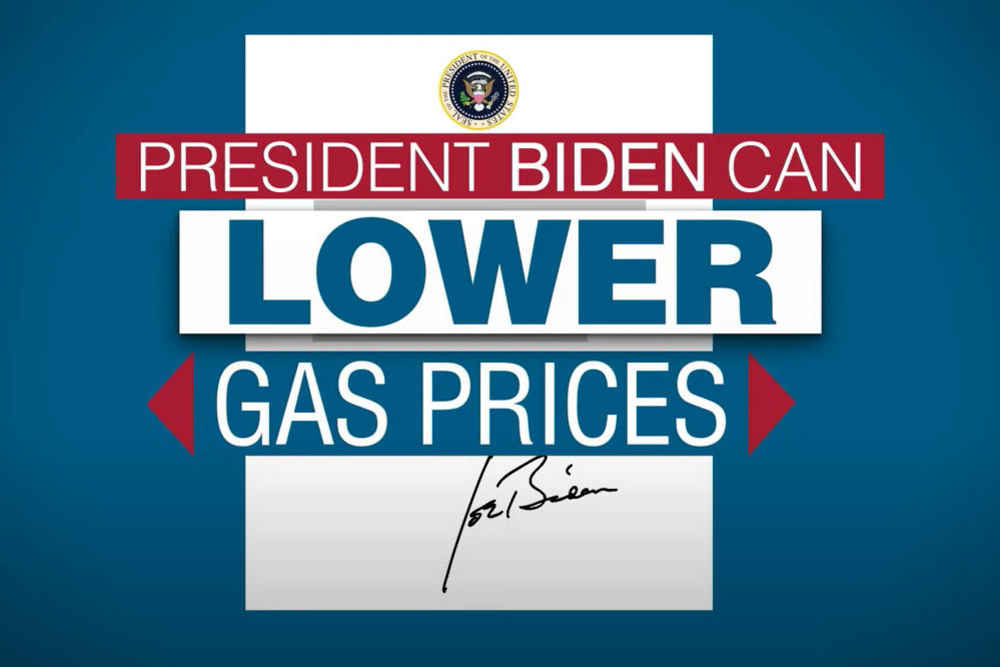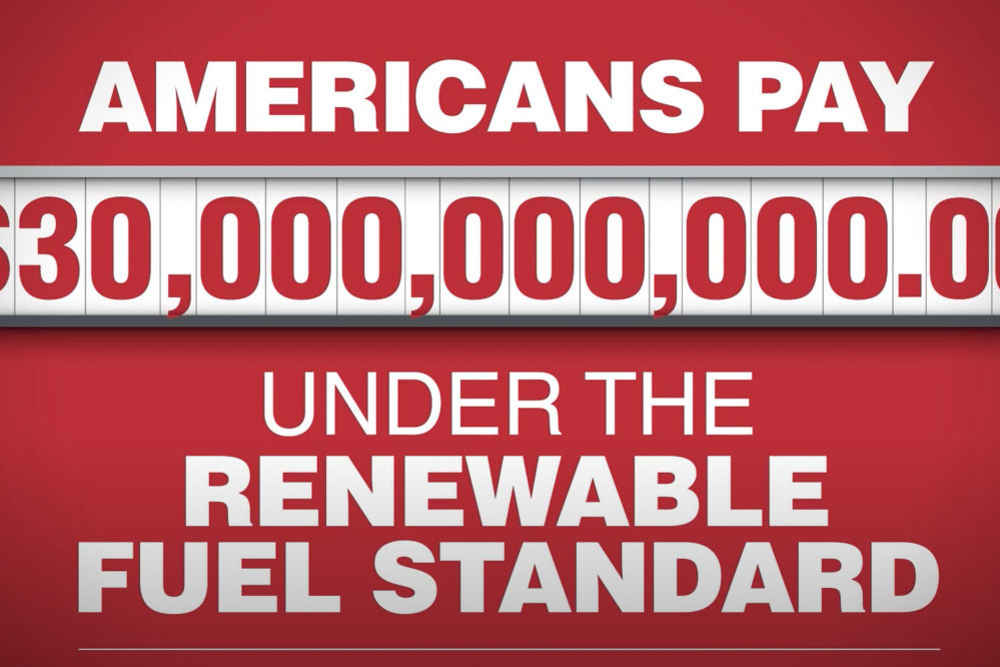November 4, 2022 - A new report authored by the non-partisan Government Accountability Office (GAO) proves that smaller and independent refiners pay a disproportionate percentage of Renewable Fuel Standard (RFS) compliance costs.
The RFS, the Environmental Protection Agency’s (EPA) biofuel blending mandate, requires refiners to buy tradeable credits, known as RINs, in order to comply with the RFS.
In its assessment, GAO found that:
- “EPA states in its comments that the ‘cost of acquiring RINs is the same for all parties’ and that the RIN market is an ‘open and liquid market.’ Our model, which uses RIN market data to evaluate prices paid and received for RINs, indicates that all parties do not pay the same for RINs. Specifically, we found that smaller buyers pay more, and smaller sellers receive less, when buying or selling RINs compared to larger buyers and sellers.”
- “Small refinery exemption decisions for compliance years 2019 through 2021 were based on an EPA conclusion that small refineries do not experience disproportionate economic hardship from the RFS. This conclusion relies on a potentially flawed assumption—that all parties pay and receive one price for the tradeable credits used to demonstrate compliance with the RFS.”
- “Experts and representatives of refineries that we interviewed agreed that E10 blending is probably unaffected by small refinery exemptions. Data show that the ethanol blend rate has been around 10 percent, and has generally increased, since the implementation of the small refinery exemption program.”
GAO’s report comes soon before EPA is expected to announce its biofuel blending levels for 2023. It also comes as the volatile compliance costs of the RFS continue to drive up consumer fuel prices at the pump by approximately 30 cents a gallon.
The report confirms what bipartisan proponents of RFS reform have been saying for years: the financial strain associated with the federal biofuel mandate is unproductive and unsustainable.
Small and independent refiners have reported paying more for RINs than on salaries, benefits, maintenance and utility expenses combined. In the last three years, 10 refineries have fully or partially closed or announced closure, leading to more than a million barrels per day of lost refining capacity. If more refineries close, thousands of family-sustaining jobs will be lost and our nation’s domestic refining capacity further eroded.
Read more in today's Bloomberg Government report, which details some of the key findings from the GAO report:
BLOOMBERG: Small Refineries Pay More for US Biofuel Rules, Report Says
By Kim Chipman and Jennifer A. Dlouhy
November 3, 2022
Small oil refineries pay more than larger competitors to fulfill US mandates to blend biofuels into gasoline and diesel, congressional investigators have found, a conclusion that could intensify calls to ease the requirements in the name of lowering fuel prices.
The findings are contained in a draft of a report from the Government Accountability Office that was seen by Bloomberg and which is due to be published on Thursday. The report was requested by a slew of lawmakers from corn-rich states.
The cost to comply with US mandates for mixing biofuels such as corn-based ethanol into the nation’s fuel supply has long been a point of bitter dispute between the petroleum and agriculture industries. The fight includes claims by refiners that biofuel credits known as RINs, which are used to track compliance with the environmental rules, are too costly and lead to lost jobs and higher prices at the pump.
“We found that smaller buyers pay more, and smaller sellers receive less, when buying or selling RINs compared to larger buyers and sellers,” according to the draft report.
The GAO said that its analysis alone doesn’t show that there is “disproportionate economic hardship for small refineries.” The group’s recommendations include calling on the Environmental Protection Agency to identify and communicate what information refineries need to submit to show they shoulder an excessive burden.
In an Oct. 13 letter to the GAO included in the report, the EPA said several of the investigation’s initial conclusions were “erroneous and/or unsupported.”
“GAO’s analysis of renewable identification number trades suffers from several fundamental flaws,” the EPA said. “Each of these flaws calls into question the relevance of GAO’s analysis.”
The GAO also said that when small refineries have been exempted from the biofuel-blending quotas, it has “reduced the price of RINs, giving less incentive to blend renewable fuel.”
Nevertheless, the findings are likely to ratchet up calls by the oil industry to relax the next batch of blending requirements as the EPA plans to issue proposed quotas for coming years later this month.
Monte Shaw, executive director of the Iowa Renewable Fuels Association, said he’s not worried the report will influence the blending quotas under the Renewable Fuel Standard program, or RFS. “I don’t think it will impact the discussion at all,” he said. “It’s just more background noise from the folks that have been trying to undermine the RFS since it was first passed.”
Meanwhile, Brendan Williams, head of government relations for oil refiner PBF Energy Inc., said there’s “a mountain of evidence” that the RFS debate is really a conflict about a “credit trading scheme that benefits the largest, vertically integrated oil companies at the expense of small and even mid to larger sized merchant refiners, their union workforce and consumers.”
Refiners contend the blending credits are meaningfully adding to high gasoline and diesel costs, an argument refuted by the biofuel industry.
“Fixing the RFS is the most significant tool in the administration’s toolbox to significantly lower pump prices,” Williams said.
###



